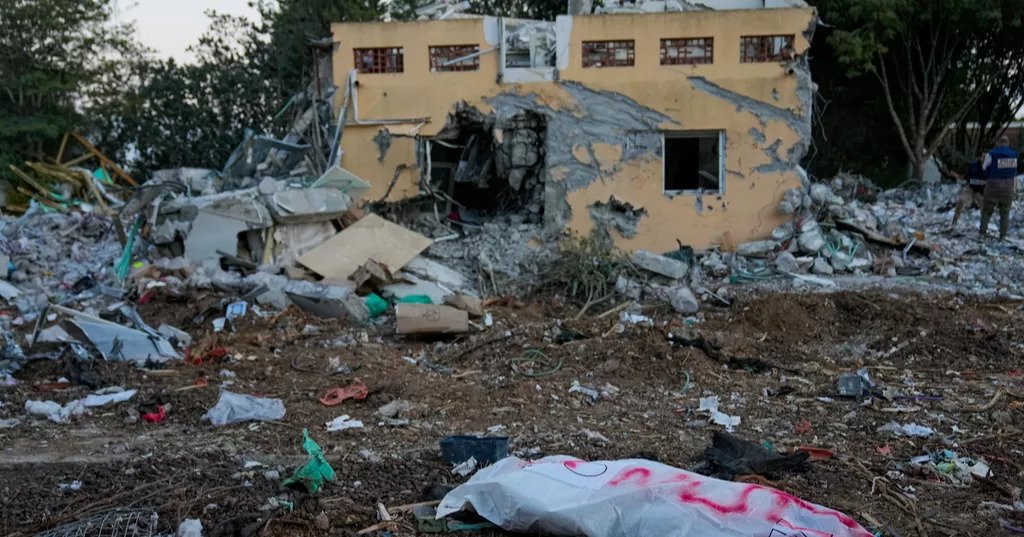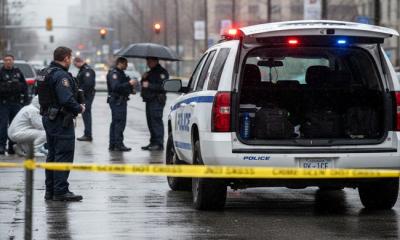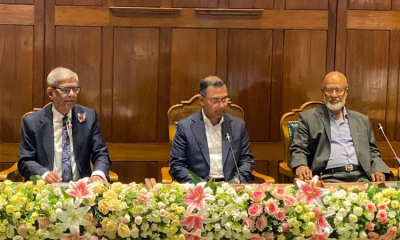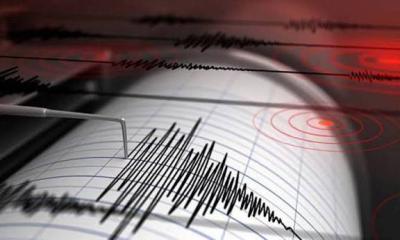Trudging down a cul-de-sac turned to rubble, an Israeli army commander stopped in front of one scorched home, its front wall blown wide open. Look at what Hamas militants have done, he said, to this close-knit community that only days ago brimmed with life, reports Associated Press.
“Children in the same room and someone came and killed them all. Fifteen girls and teenagers, they put (them) in the same room, threw in a hand grenade and it’s over,” Maj. Gen. Itai Veruv said.
’This is a massacre. It’s a pogrom,” he said, recalling the brutal attacks on Jews in Eastern Europe in the 19th and early 20th century.
The Israeli military led a group of journalists, including an Associated Press reporter, on a tour of this village a few miles from Israel’s fortified border with Gaza on Wednesday, following an extended battle to retake it from militants. Before Israeli forces prevailed, the attackers killed more than 100 residents, Israeli officials said.
Be’eri, a settlement of a little more than 1,000 people, is one of more than 20 towns and villages ambushed early Saturday as part of a sweeping assault launched from the embattled Palestinian enclave.
Before the attack, Be’eri — started by Zionist settlers two years before the country itself was founded — was known for its industriousness, including a large printing plant that turns out Israeli driver’s licenses. Now it has become a horrific symbol of the war with Hamas, which authorities say has so far left about 1,200 dead in Israel and about 1,100 in Gaza.
Veruv, who had retired from the military until he was recalled Saturday to lead forces fighting to regain control of towns that were attacked, said Hamas fighters had taken up entrenched positions in the ruins, hiding in small groups before surprising Israeli soldiers as they went from house to house.
“Every time that we thought we cleaned the area and everything was silent, suddenly another 12 or another 20 got out,” he said.
Standing in front of the two-story stucco home where he said militants killed teenagers with a grenade, he said soldiers had found the bodies of other residents with their wrists tied together. During the short visit, a reporter saw gaping holes smashed in the side of some homes and torched cars. Framed family photos lay amid the ruins, along with a children’s backpack.
Outside, items brought by the militants hinted at meticulous preparation. Prayer rugs and extra shoes lay scattered on the ground, not far from a toothbrush, containers full of medicine and rifle magazines. A pair of Toyota pickups, one with a machine gun mount in the bed, also remain.
By the time reporters were brought in a little before sunset Wednesday, rescue crews had removed the bodies of most of the residents who were killed. But the corpses of several militants remained and the odor of death was overpowering.
“We will hit Gaza. We will hit Hamas. And we will destroy,” Veruv said.




-20260216055149.webp)


-20260215061522.webp)





-20260217073221.webp)




-20260216115008.webp)



















